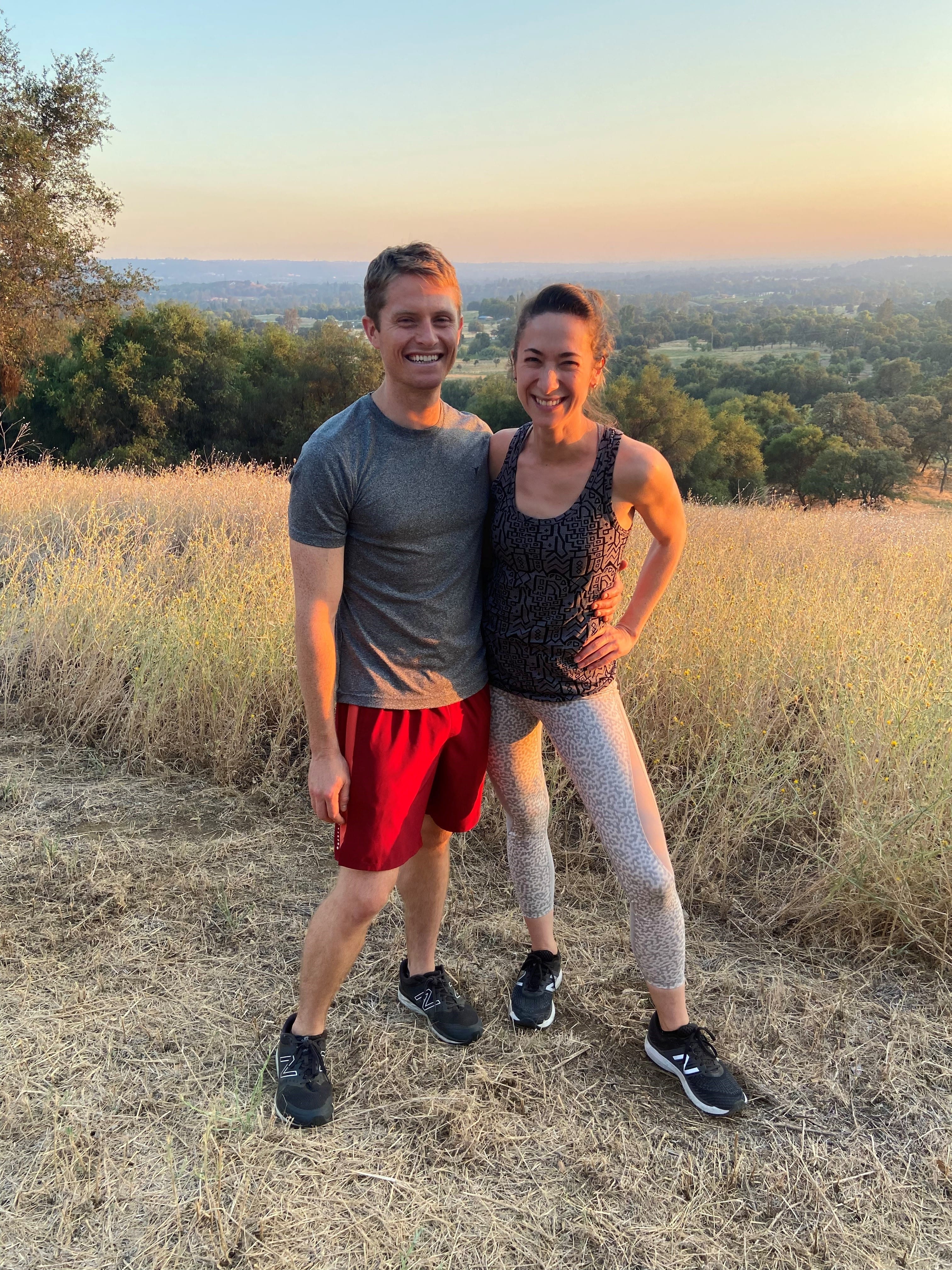Sjur turns his personal experience into a professional passion
 Sjur, pictured with his wife Laura
Sjur, pictured with his wife Laura
Sjur Hoftun has learned to live with his peanut allergy in the three decades or so since he was first diagnosed. Managing his condition as an adult now is second nature, but he can still vividly remember the anxiety he went through as a child. “Just the smell of a peanut was enough to raise my blood pressure,” he says.
He talks of trips back to his father’s native Norway, his mother analyzing every morsel served up and epinephrine constantly by his side. Travel became his passion as he grew older. But even then, he would carry cards listing his allergies in the local language and spend half his time praying that they had been understood.
If anything, the fear felt by his family was even greater – worrying about a potential exposure to peanuts every time they sent him off to school, and nobody around to help if he had an allergic reaction.
There was definitely stigma, too. “Birthday parties were always tough, and I never went to summer camps, so it was hard to feel like one of the crowd sometimes,” Sjur recalls. “All of us with allergies had to sit on what was known as the ‘peanut-free table’, which set us apart from everyone else.”
Sjur’s journey gives him a unique insight for his current role as U.S. Commercial Chief-of-Staff and Lead, Commercial Strategy at Aimmune. He describes it as a “mission alignment” when the chance to move to Aimmune from his previous role as a management consultant working predominantly in health care and life sciences came up in the fall of 2020.
“I try not to talk about my own experience too much,” he says. “But yes, I do truly understand what having a food allergy is like, the impact it has on families and the choices they have to make. So it’s a personal challenge that’s now become a professional mission, too. And I’d like to think that I don’t just bring this knowledge to my job, but also a real passion to make sure that all stakeholders come together to address a debilitating and sometimes life-threatening condition.”
